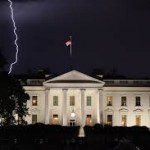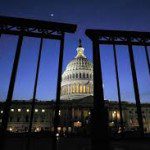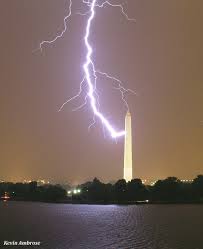Then Pilate said to them,
“You take Him and judge Him according to your law.”
Therefore the Jews said to him,
“It is not lawful for us to put anyone to death”
John 18:31 NKJV
As a reminder from our study of John 18, the Messiah Jesus was seized by officials of the Temple in Jerusalem, who then brought their accused before the Roman Prefect Pontius Pilate.
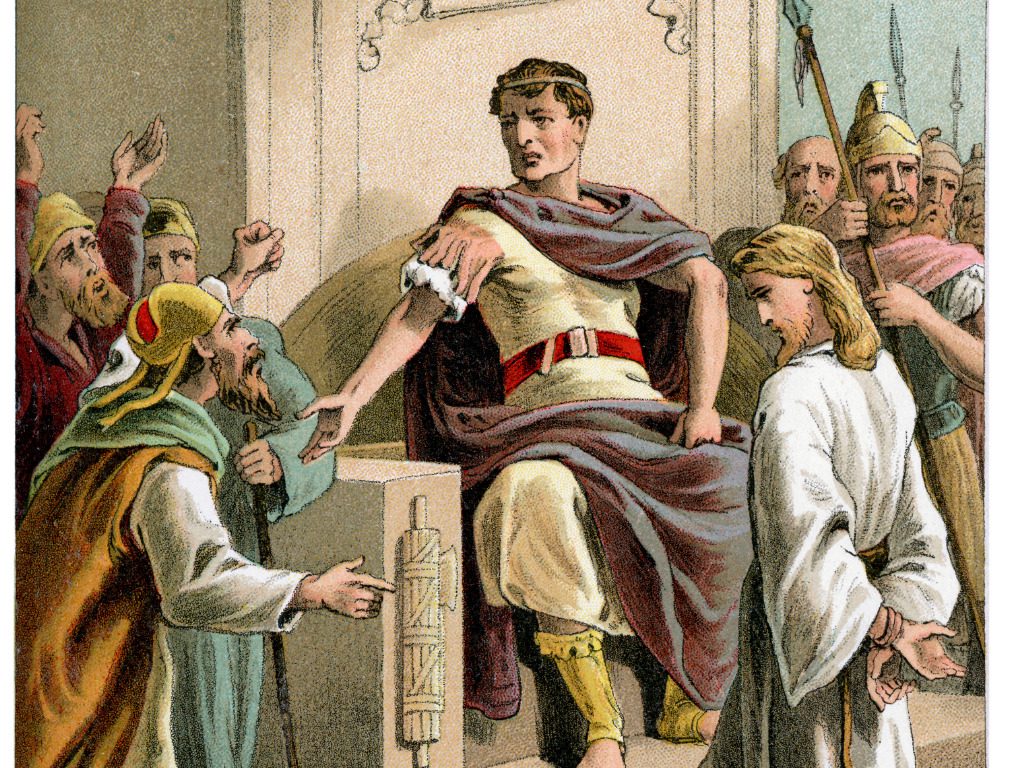
Who’s in charge of justice?
A lengthy consideration of the history of Rome may seem to have little to do with 1st c. Jerusalem and the trial of Jesus Christ. In fact, Rome’s lessons of politics and religion not only add context to this pivotal event in history, but to our own struggle between empires and the rule of God.
As you breeze through it or dig into some of Rome’s culture through additional secure links, think about the dance of power between political and religious leaders.
We have thus far examined the impact of politics in religion and actions by officials of the Temple against Jesus.
Now we will briefly leave Jerusalem for Rome and examine the culture Rome’s religions and impact on a Roman Governor like Pontius Pilate in this small and distant part of Roman Syria.
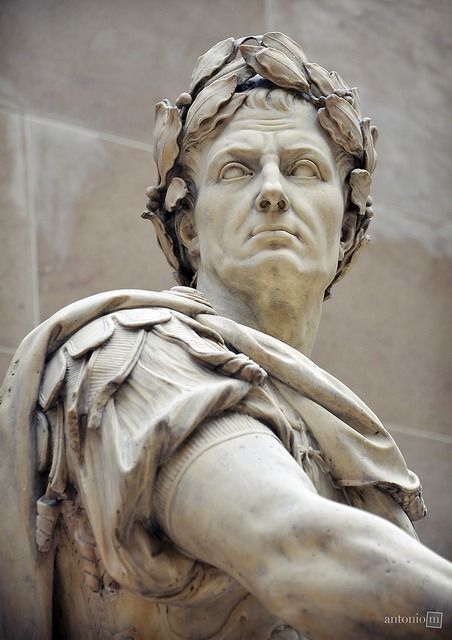
Gaius Julius Caesar
Roman general and statesman
b. 100 BC – until his assassination 15 March 44 BC
less than a century before the Roman crucifixion of Jesus Christ
The Julii Caesares traced their lineage back to the goddess Venus
Britannica.com
The Republic of Rome
..the late Roman Republic was surely the sole superpower of the western world..
realmofHistory.org
Disclaimer: I am a theologian, not a historian and therefore make no claim to accuracy of the extensive knowledge of several researchers linked separately here for your additional understanding of the history of Rome and its culture as it affected the Empire of the 1st century AD. continued quote below from Realm of History
[Rome] ..Then came the ascendancy of the great Julius Caesar, one of the greatest generals of his time, who was responsible for bringing Gaul (present-day France) into the Roman dominion by 50 BC. These signs of progress were matched by the conquering of eastern Anatolia and Armenia proper (in the preceding decade), thus bringing the Romans to the very edge of the Caspian Sea.
But then came the chaotic times, with the assassination of Caesar, the subsequent Triumvirate troubles, and civil wars, and ultimately the eclipse of the Roman Republic – thus making way for the rise of the Roman Empire in 27 BC, under the helm of Augustus.
Culture of the Republic
Remember that this diminishing concept of the Republic had begun centuries before in a city-state on Italia then ends abruptly with the assassination of Julius Caesar. Source below: National Geographic
- The Roman Republic was founded in 509 B.C.
- after the last Etruscan king that ruled Rome was overthrown.
- Rome’s next government served as a representative democracy
- in the form of a republic.
- Rome’s wealthiest families .. held power
- only they could hold political or religious offices.
- lower classes later gained power within the government.
- At the heart of the Roman Republic was the Senate.
- The Senate lasted as a sole governing body for the republic for only a brief time until 494 B.C.
.. in the 1st century B.C. the famous Roman orator Marcus Cicero uncovered a plot by a Roman senator .. to overthrow the Roman government.
Ultimately, factions emerged (loyal to either the patrician or plebeian classes or to a specific military general), hostilities erupted, and a series of civil wars plagued the republic.
During these civil wars, a prominent general and statesmen named Julius Caesar began gaining significant power. He commanded the loyalty of the soldiers in his army and enjoyed access to substantial wealth after conquering the province of Gaul.
- The Senate, fearful of Caesar’s power, demanded he give up command of his army and return to Rome as a citizen.
- Caesar refused, instead marching his army south directly into Rome.
- As a result, another civil war erupted between Caesar and his chief political rival, Pompey.
- a group of senators conspired and assassinated him.
Augustus Caesar – Rome’s First Emperor
In response to Caesar’s death, his nephew and heir Augustus defeated the conspirators. He then established himself as the first Roman emperor.
The Roman Empire dramatically shifted power away from representative democracy to centralized imperial authority, with the emperor holding the most power. Unlike Julius, Augustus Caesar (i.e. Octavian) used political prowess to appoint officials to government.
Now in those days a decree went out from Caesar Augustus, that a census be taken of all the inhabited earth. This was the first census taken while Quirinius [Publius Sulpicius Quirinus] was governor of Syria.
the Gospel of Luke 2:1-2 NASB
Sent by the gods
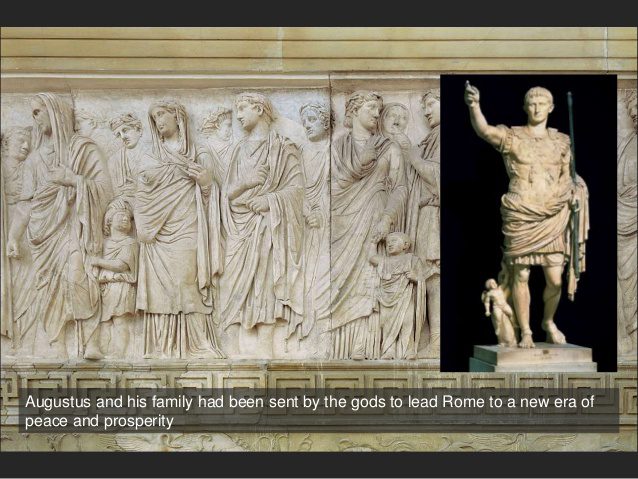
Rome’s political bickering between the classes ends abruptly on the ides of March, 44 B.C. with the assignation of Julius Caesar, effectively dissolving Rome’s flailing republic with its Senate and representatives of lower free classes of citizens.
Julius Caesar’s recognition as a god of the Roman state in ..42 BC enhanced Octavian’s prestige as son of a god.
Britannica
Had I been living at the time of Christ's trial this would have taken place about the time of my own birth, i.e. seven decades ago
Octavian also launched elaborate religious and patriotic publicity, centring on the classical god of order, Apollo..
In addition, Octavian had started to prefix his name with the designation “Imperator,” to suggest that he was the commander par excellence.. gradually concentrating on the plain, emotive name “Caesar Son of a God.”
… his name Caesar, acquired through adoption in Julius’s will, was supplemented by “Augustus,” an appellation with an antique religious ring… – Britannica
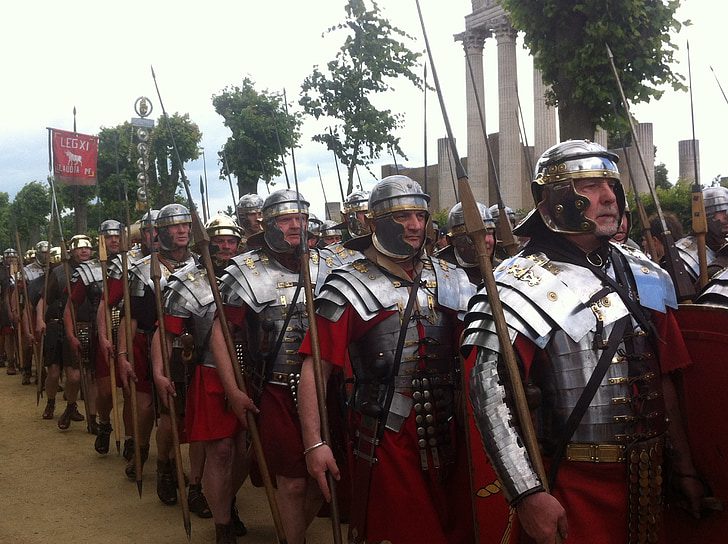
Might makes right and establishes its peace by the power of war.
Caesar Augustus, by his military might and political prowess, introduced a peace of Rome forcing a better world of prosperity and restoring ‘the religion of the Republic.’
‘The strength of Rome lay in the iron discipline of its troops rather than fortified positions.
The Historical Atlas of the Bible
The Roman Prefect – Pontius Pilate
Source: Wikipedia
- Pilate was likely born to a middle-class family in southern Italy with some influence in Rome.
- He probably served in the Roman army before promotion.
- Pilate would have had a military command before becoming prefect of Judaea in 26 A.D.
- ‘Prefect‘ was a title for a temporary appointment of the leader of a city-state, later used for a more permanent regional govenor.
- The post of governor of Judaea was of relatively low prestige.
- Technically the Prefect of Judea served under a governor of the Roman province of Syria, however Tiberius had not bothered to appoint one to replace Syria’s former governor.
Where does Pilate fit in to the religions of Rome?
Roman soldiers would have regularly paraded though the public streets of Rome during festivals (some religious, some civic), when returning victorious from war (which was with some frequency) and after ceremoniously worshiping in public and marching from Rome for their next military campaign.
Pilate no doubt would have been a participant in these public shows of the military many times in his early career. As a participant and possibly a leader of such public processions in Rome, Pilate would fully understand the implications of this man Jesus riding into Jerusalem just a few days prior to the cheers and adulations of the crowds.
Was Jesus entering Jerusalem a religious processional?
To Pilate it seemed more like a victorious popular leader praised by the multitudes of Jerusalem (like when conquering generals return to Rome.
No doubt the Sanhedrin sees this Jesus as a religious threat to them, but what is that to Rome?
Meaningless. The vanity of these Jews thinking that they still had anything to do with governing Judea.
Religion in Roman Culture and Military
source: Wikipedia
Roman religion was practical and contractual, based on the principle of do ut des, “I give that you might give”. Religion depended on knowledge and the correct practice of prayer, ritual, and sacrifice, not on faith or dogma..
This religion of the Roman Prefect Pontius Pilate is, of course, quite different from the worship of the Jews of Judea. Although some aspects or Roman and Jewish religion were similar.
For ordinary Romans, religion was a part of daily life. Each home had a household shrine at which prayers and libations to the family’s domestic deities were offered. Neighborhood shrines and sacred places such as springs and groves dotted the city. The Roman calendar was structured around religious observances.
.. when Rome struggled to establish itself as a dominant power, many new temples were built by magistrates in fulfillment of a vow to a deity for assuring their military success.
Pilate and other Roman soldiers would have been part of festivals and honors paid to such victories at these shrines or temples in Rome.
Roman theology acknowledged that di immortales (immortal gods) ruled all realms of the heavens and earth. There were gods of the upper heavens, gods of the underworld and a myriad of lesser deities between. Some evidently favoured Rome because Rome honoured them, but none were intrinsically, irredeemably foreign or alien.
Public religious ceremonies of the official Roman religion took place outdoors, and not within the temple building.
Wikipedia
Religion and the military
Military success was the touchstone of a special relationship with the gods, and to Jupiter Capitolinus in particular; triumphal generals were dressed as Jupiter, and laid their victor’s laurels at his feet.
Roman commanders offered vows to be fulfilled after success in battle or siege; and further vows to expiate their failures…
Roman camps followed a standard pattern for defense and religious ritual; in effect they were Rome in miniature.
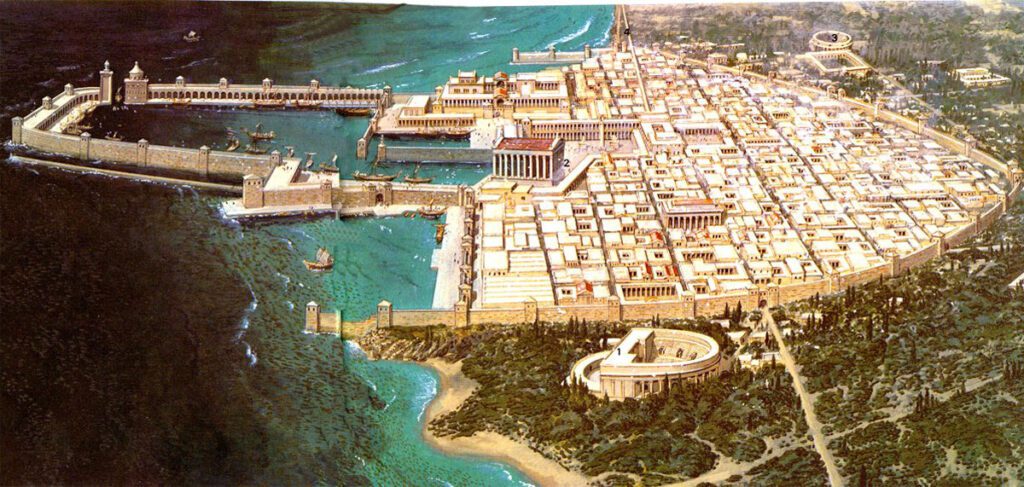
Caesarea, Roman capitol of Judea built with cooperation of Herod the Great, was home to the Prefect of Judea Pontius Pilate, his family and loyal troops for ten years.
Each camp had its own religious personnel; standard bearers, priestly officers and their assistants, including a haruspex, and housekeepers of shrines and images. A senior magistrate-commander (sometimes even a consul) headed it, his chain of subordinates ran it and a ferocious system of training and discipline ensured that every citizen-soldier knew his duty.
Judea (and other provinces) after Augustus
Under the rule of Augustus, there existed a deliberate campaign to reinstate previously held belief systems amongst the Roman population. These once held ideals had been eroded and met with cynicism by this time.
The imperial order emphasized commemoration of great men and events which led to the concept and practice of divine kingship.
Emperors postceding Augustus subsequently held the office of Chief Priest (pontifex maximus) combining both political and religious supremacy under one title.
Jews and Judaism were tolerated in Rome by diplomatic treaty with Judaea’s Hellenised elite. Diaspora Jews had much in common with the overwhelmingly Hellenic or Hellenised communities that surrounded them.
By the Augustan era, the city of Rome was home to several thousand Jews.
Wikipedia
Again, even prior to his later appointment as Prefect of Judea, Pilate would have been familiar with the Jews.
We will return to Pilate's problem of the 'king of the Jews' as Prefect of Judea. To be continued...
Page TWO - Please click Page 2 below for the questions.
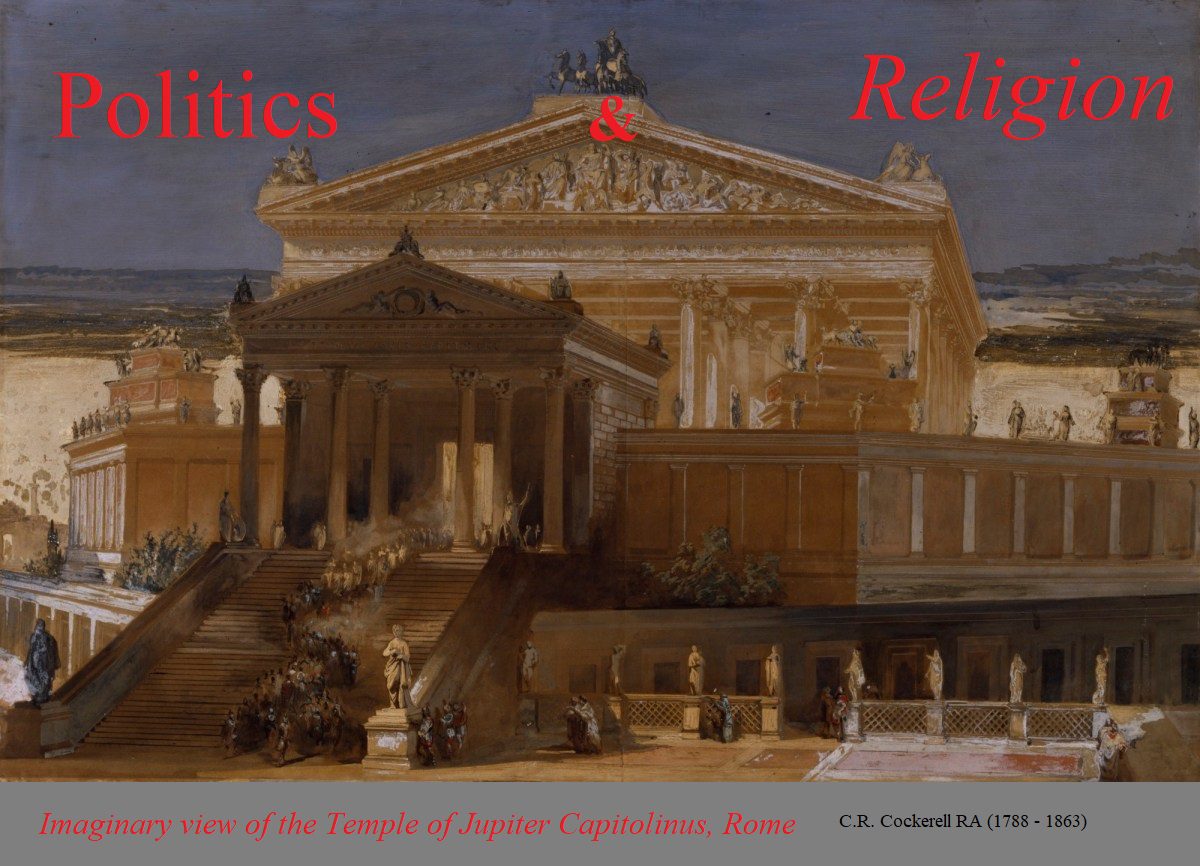
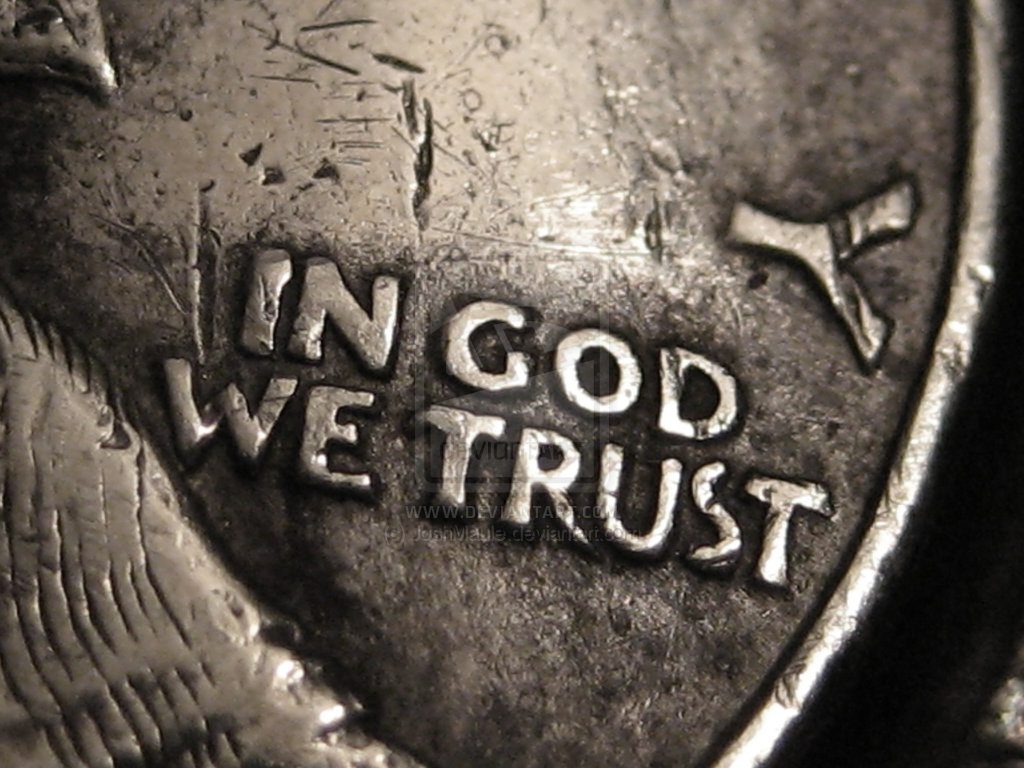
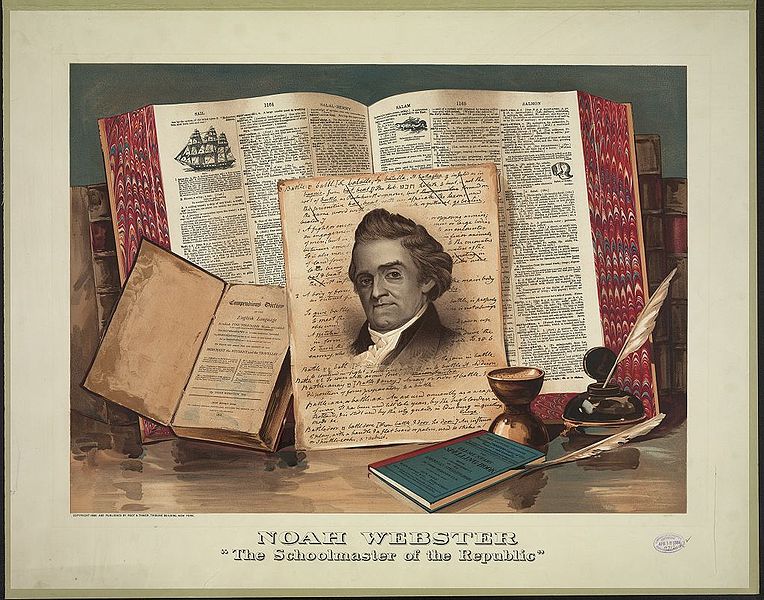

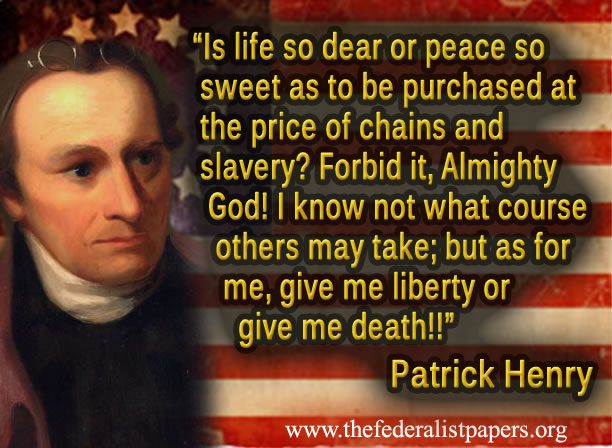 Has our history revealed the truth of the complete plea to God of Patrick Henry…
Has our history revealed the truth of the complete plea to God of Patrick Henry…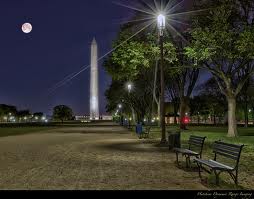


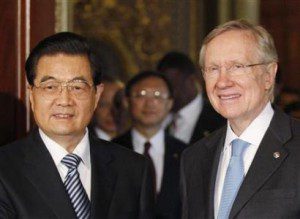 5 Her foes have become the head; her enemies prosper, because the Lord has afflicted her
5 Her foes have become the head; her enemies prosper, because the Lord has afflicted her




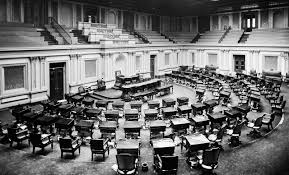
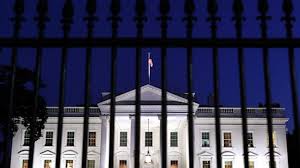
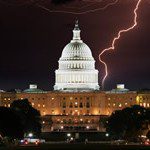

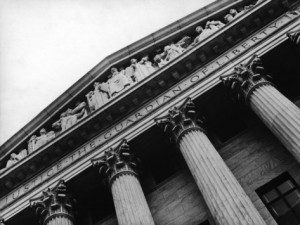 and there is no justice in their paths;
and there is no justice in their paths;